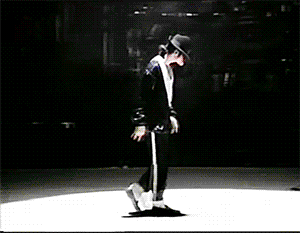Tesla and its messianic chief executive officer, Elon Musk, have captured the attention of investors and drivers around the world with one vision of the future of electrified mobility. But BYD’s billionaire founder and CEO, Wang Chuanfu, is vying to transform his company, already the biggest EV producer in China’s ultracompetitive market, into a major global player in electrified transport by taking a very different approach. If he succeeds in expanding internationally, it could bring a level of recognition and scale that has eluded countless other Chinese automakers.
In many ways BYD is the un-Tesla. Musk began by selling luxury sedans whose sticker price could exceed six figures, but Wang from the start focused on developing affordable cars within reach of middle-class Chinese drivers. Unlike Tesla, which has yet to launch an electric bus and has struggled with trucks, BYD has a diversified plug-in product line that includes trucks, forklifts, and buses. And while Musk is hostile to labor unions, Wang has a unionized workforce at his factory in Lancaster, Calif., that primarily makes buses for the US market.
Then there’s the different approach to government relations in their home countries: Musk has traded barbs with President Joe Biden; Wang on Aug. 17 hosted a visit by Chinese Premier Li Keqiang, who toured BYD headquarters and vowed to continue support for the electric car market. BYD could become an “ace” if it combines both the spirit of science and the spirit of craftsmanship, Li said.
BYD’s embrace of vertical integration, however, could prove to be its biggest difference from—and perhaps advantage against—Tesla and legacy automakers only now entering the EV space. Wang, a chemistry graduate from a farming family, was an early advocate of the strategy, with BYD not only manufacturing vehicles but also producing its own semiconductors and batteries. It’s now the world’s third-largest producer of batteries for EVs, with 14% of the global market, behind Chinese rival Contemporary Amperex Technology Co. Ltd. and South Korea’s LG Energy Solution Ltd. BYD’s battery customers include Toyota Motor Corp., and BYD Executive Vice President Lian Yu-bo in June said the company was preparing to sell batteries to Tesla.
With growing demand for EVs creating a shortage of lithium, a critical material in batteries, Wang is now counting on a payoff from building close ties with upstream producers of the metal. His deputy at BYD, Vice Chairman Lv Xiang-yang, is the head of Youngy Co., a Chinese lithium processor that in June said an affiliate had won a major order from BYD. In March, BYD agreed to invest up to 3 billion yuan ($442 million) in Chengxin Lithium Group Co., a supplier with projects in China’s Sichuan province as well as Argentina and Indonesia.
“BYD is the most vertically integrated company that I’ve ever seen, not just in the auto space,” says Taylor Ogan, CEO of Snow Bull Capital, a green- technology-focused hedge fund that owns stakes in both BYD and Tesla. “BYD already does almost everything Tesla is trying, and much more.”


